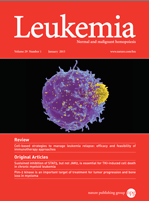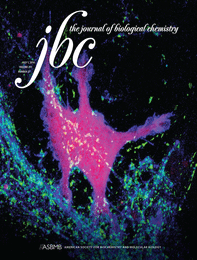A former postdoctoral researcher at the University of Pittsburgh has issued his first retraction after an investigation by the Office of Research Integrity (ORI) concluded he had falsified and/or fabricated data in two published papers.
The ORI investigation into the work of Kenneth Walker, determined that he had
falsified and/or fabricated quantitative real-time polymerase chain reaction (qPCR) data to demonstrate a statistically significant or “trend” of statistical difference in the expression of renal or bladder urothelium and muscle developmental markers between control and experimental (mutant) mice, when there was none.
The ORI report said that Walker has agreed to retract or correct a 2013 PLOS ONE paper and a 2015 study published in American Journal of Physiology – Renal Physiology (AJPRP).
Here’s the first retraction notice, issued by AJPRP: Continue reading 1st retraction for ex-Pitt postdoc who admitted to doctoring data
 A contentious case over whether a fired ecologist deserves whistleblower protection is playing out in Kansas, and the National Science Foundation (NSF) has once again weighed in.
A contentious case over whether a fired ecologist deserves whistleblower protection is playing out in Kansas, and the National Science Foundation (NSF) has once again weighed in.





